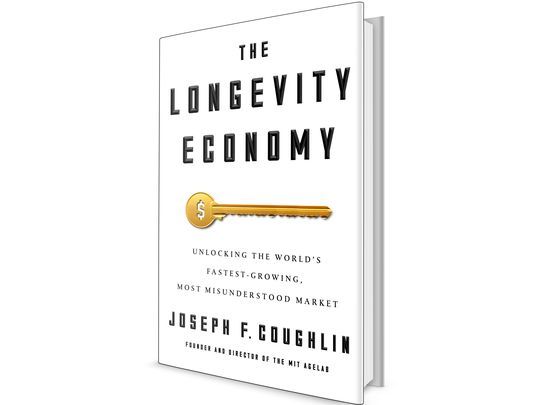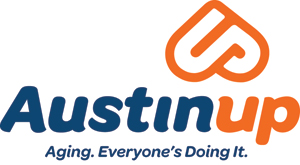
Joe Coughlin, director of the Massachusetts Institute of Technology (MIT) AgeLab, has written a book called The Longevity Economy: Unlocking the World’s Fastest-Growing, Most Misunderstood Market. In it he describes how businesses can prepare for an aging world. As he explains, “The main purpose of this book is to help [leaders in] big businesses understand this brave, old world and succeed in it; to enable them to harness the heightened expectations of baby boomers craving a better old age; and to avoid being left in the dust of creative destruction as others do the same.”
Here’s an excerpt from a USA Today article (November 17, 2017) about the book:
The Baby Boomers are the loudest generation in history. Now, someone turns 65 every seven or eight seconds. They’ve had companies cater to their every whim throughout their lives, and they don’t expect that to stop now.
That will mean enormous demand for products that don’t merely work for tomorrow’s older adults, but will actively excite and delight them for decades to come. The new generation gap will be the gap of expectations: not just to live longer, but to live better. Fascinatingly enough, that heightened level of expectation, combined with both the Boomers’ political and economic power, may change the fabric of what is possible in old age. As the Boomers demand and use the tools to pursue meaning later in life than ever before, our narrative of aging will change. They may lay the foundation for others to live in a world that is ageless: where old age is a stage where the norm is not to withdraw, but to engage.
